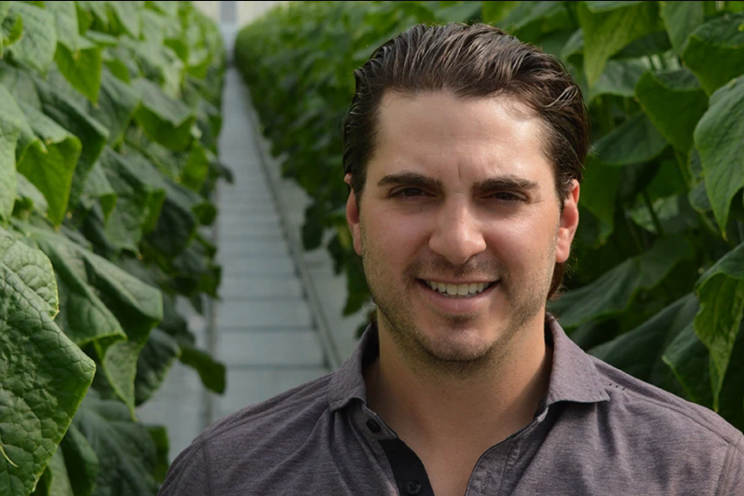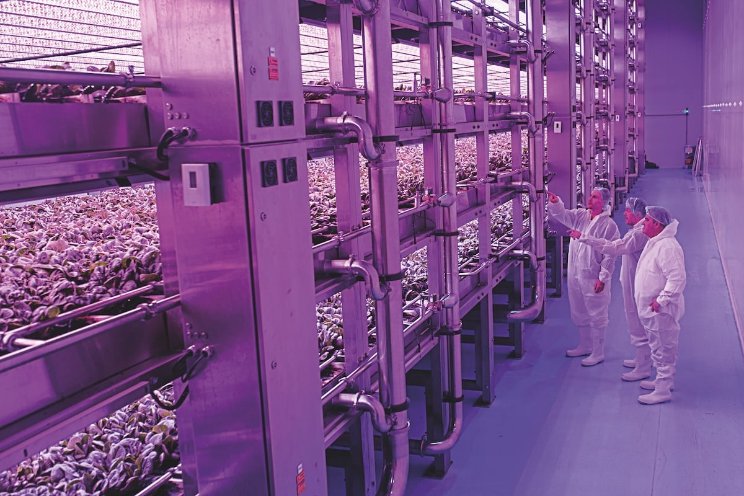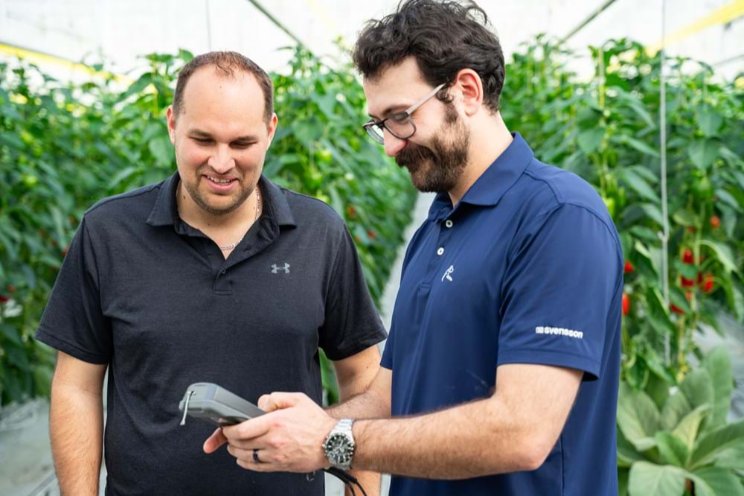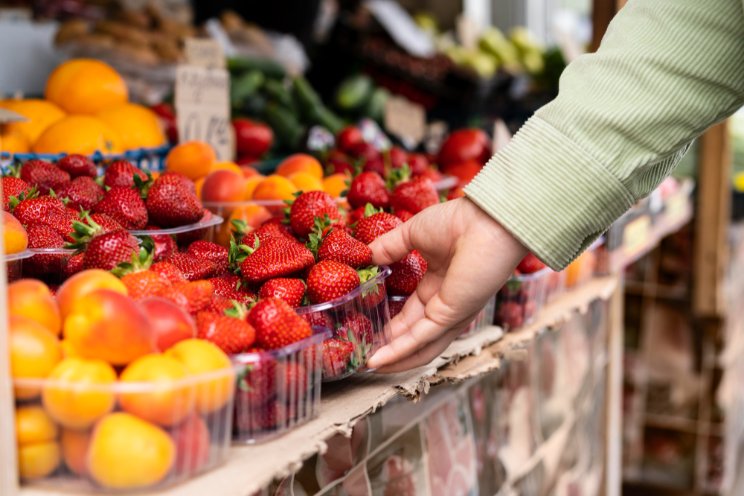How Dickman Farms built a legacy of leadership
Added on 04 October 2021
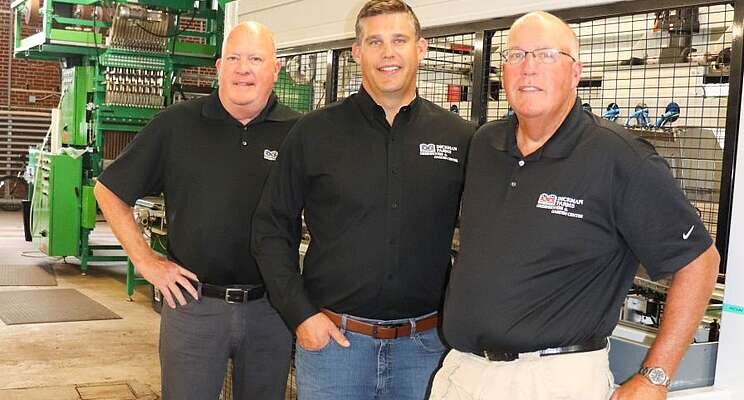
A great example of this is Dickman Farms, the 2021 Greenhouse Grower? Medal of Excellence Operation of the Year. From its strong family legacy to its focus today on innovation, leadership, and meeting consumer needs, the team at Auburn, NY-based Dickman Farms is always looking to make things better, not just internally but for the entire horticulture industry. Leading the way today are General Manager Bob Dickman, Director of Sales and Marketing (and Bob's uncle) Dave Dickman, and Bob's father Jim, who takes care of construction projects and supply ordering. In addition, Dave's parents Dick and Dorothy still come in to work every day, and Dave's wife Peggy is Office Manager and Director of Human Resources.
From Dancing to Digging
Dickman Farms was first formed in 1903 as a small commercial farm, and the first greenhouse was built in 1929, not for plant production, but as an indoor miniature golf course. When Prohibition ended, the golf course was torn out and replaced with a nightclub that operated as Club Dickman Dining and Dancing Under the Stars.
In 1961, Bob's great-grandfather Herman and Dave's great uncle Carl met two professors from nearby Cornell University who had figured out how to grow hothouse tomatoes in a soilless mix using drip irrigation. The Dickmans wound up closing the nightclub, pouring a concrete floor, and planting tomatoes and a few beds of annuals.
"I can remember picking tomatoes and having to straddle flats of marigolds that were in the rows between the tomatoes," says Dave Dickman. "That's where we got our first start growing ornamentals."
In the mid-1980s, Dickman Farms transitioned out of outdoor farming and built more greenhouses for production of ornamentals. This growth has continued through today, and the company now operates about 15 acres of greenhouses (the company ranked #96 on Greenhouse Grower's 2021 Top 100 Growers list).
The significance of being a five-generation family business is not lost on the family.
"There is not a day that goes by that I don't think of my grandfather and great uncle, and their accomplishments and way of doing business," says Dave Dickman. It is a daily reminder that someday there will be future generations looking back at our time at the helm."
The main thing Dave Dickman says he has learned from the family is to have the courage to regularly assess and change the business plan.
"Each generation has had to make some tough decisions that were in the best interest of the company," he says. "I'd like to think the second generation would be proud of how we have carried on their legacy."
Partnership with Ball Is Invaluable
One of Dickman Farms' strengths is its position as both a young plant and a finished plant grower. In 1997, Dickman Farms was approached by Ball Seed to become a rooting station for Ball, which meant Ball would ship them unrooted cuttings and Dickman Farms would put them in soil, put roots on them, and ship them to Ball customers.
"We thought it would be a good business fit for us, so we became their sixth rooting station," Bob Dickman says. "That business has since grown by leaps and bounds through the years."
Today, Dickman Farms sells its liner material exclusively through Ball Seed.
"As the Ball Companies grew, we were able to grow the liner side of our business, and it's been a great partnership for us," Bob says. "Relationships are a big part of how you succeed in this business, and we were very thankful to the Ball Companies for their support."
On the finished plant side, Dickman's retail-ready products are sold to around 85 independent garden centers (including its own), as well as to Wegmans Food Markets up and down the East Coast.
"While retail is not necessarily a huge part of our business, it is an important part of the business from the standpoint of helping us keep our finger on the pulse of what consumers are looking for, which helps us make decisions about what we're going to grow," Dave Dickman says.
Since the Ball Seed business accounts for roughly 40% of Dickman Farms' production, most of the decisions on which crops to grow are driven by the needs of Ball's customers. However, Bob Dickman says the company is lucky to have a retail garden center with a lot of talented employees who can tell him in real time what's selling and what's not.
"This drives what we're growing in the finished product side of the business, even if it presents production challenges," Bob Dickman says. "Consumer trends are moving towards larger, grab-and-grow-type products, and we've had to change our product mix over the last few years to meet that demand."
Click here to read more.
Photo: Dickman Farms is led today by (left-right) Dave Dickman, Bob Dickman, and Jim Dickman. Photos Credit: Dickman Farms
Source: Greenhouse Grower
More news

